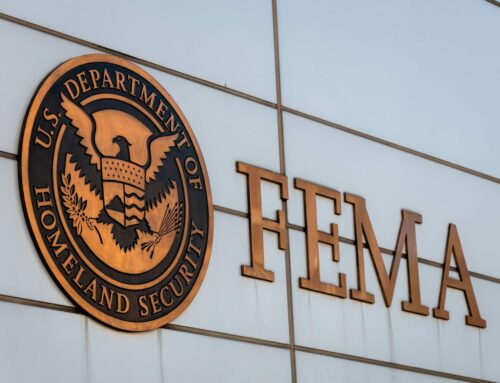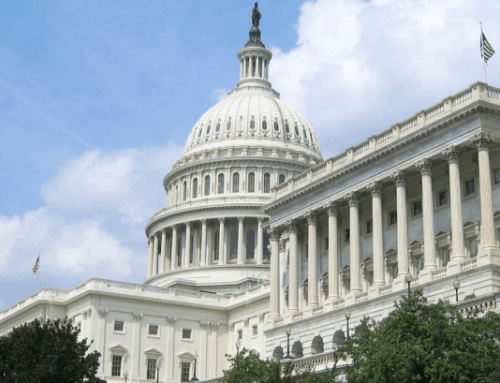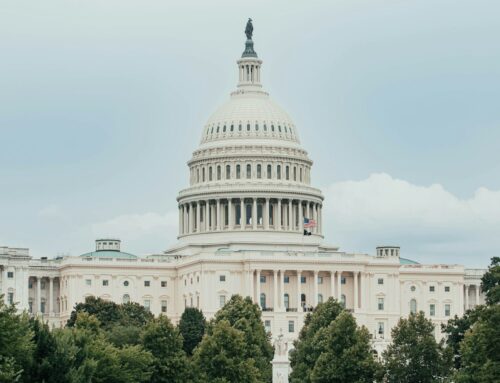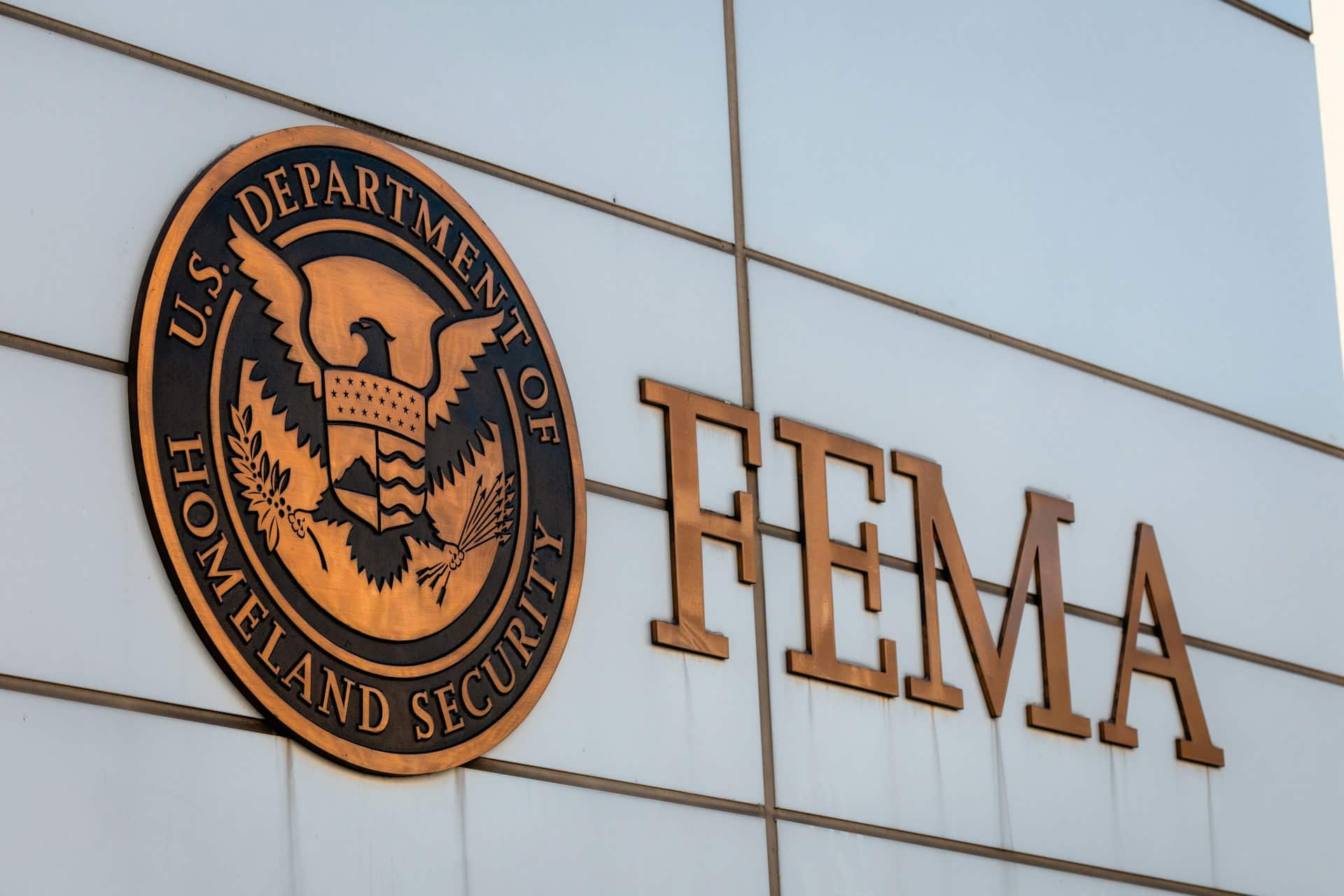Like many others, we at Taxpayers for Common Sense are teleworking and figuring out how to make that work (timer so I get up every 30 minutes – check).
But rest assured we are still following what is happening in the public policy arena, particularly when policymakers are discussing a possible $1 trillion emergency spending package that is meant to both provide response funding and some stimulus, as well as calm markets. How it is structured will be equally, if not more important than the total price tag. Will there be just big pots of cash or will there be triggers that release funds? For example, experts project a particular need will cost a certain amount over time. Appropriate the total amount but release a first tranche of funds and then release additional funds after the first tranche is exhausted, responsibly and effectively.
Second, all industry support needs to be paid back. It can be structured as three-year or five-year loans with low or no or delayed interest. Or an increased tax rate over 10 years. Or increased carry-back and carry-forward rules on taxes. This economic challenge is external to their operations, so they will be profitable again one day. If they get straight cash payments, the country risks making every politically powerful lobbying interest too big to fail. And it will undermine private risk management. Strings must be attached. Everyone needs to do their part. If that means fewer stock buybacks over the next few years, that’s life.
Third, proposals need to make sense for what we are facing. Tactics like a payroll tax holiday are costly but ineffective, particularly in the current situation. With a holiday, only a small amount of monthly tax is retained by the individual, that amount increases until the individual makes $137,700, tipped workers receive little, unemployed workers or those on leave without pay receive nothing, and neither do retirees. What does happen is that a major strain is put on the current receipts of Social Security that creates uncertainty about solvency and potential for reduced Social Security payments to senior citizens. The most recent payroll tax holidays resulted in the federal treasury eventually making the trust fund whole again, an inefficient stimulus at best. Far better are more direct, immediate infusions of funding targeted to those in need.
Finally, process and leadership matter. Public office is a high calling and comes with significant responsibility. Congress should not leave Washington at this crucial time. The country is effectively on lockdown, so stay where you are most needed. What is accomplished by going to your district or state? Lawmakers need to stay and debate and design responses as needed. They can figure out how to do their business without having every member in the chamber at the same time. Passing an enormous, open-ended package and leaving town is a bad idea. At the very least measures for virtual hearings and consideration of legislation should be put in place.
To be sure these are extremely challenging times. We need to meet the crisis head-on in an effective manner. Fiscal policies in recent years of relative economic success during the nation’s longest economic recovery have made it more difficult to react to this crisis. Congress and the administration need to ensure our response to this immediate national health emergency doesn’t lead to a long-term fiscal emergency.










